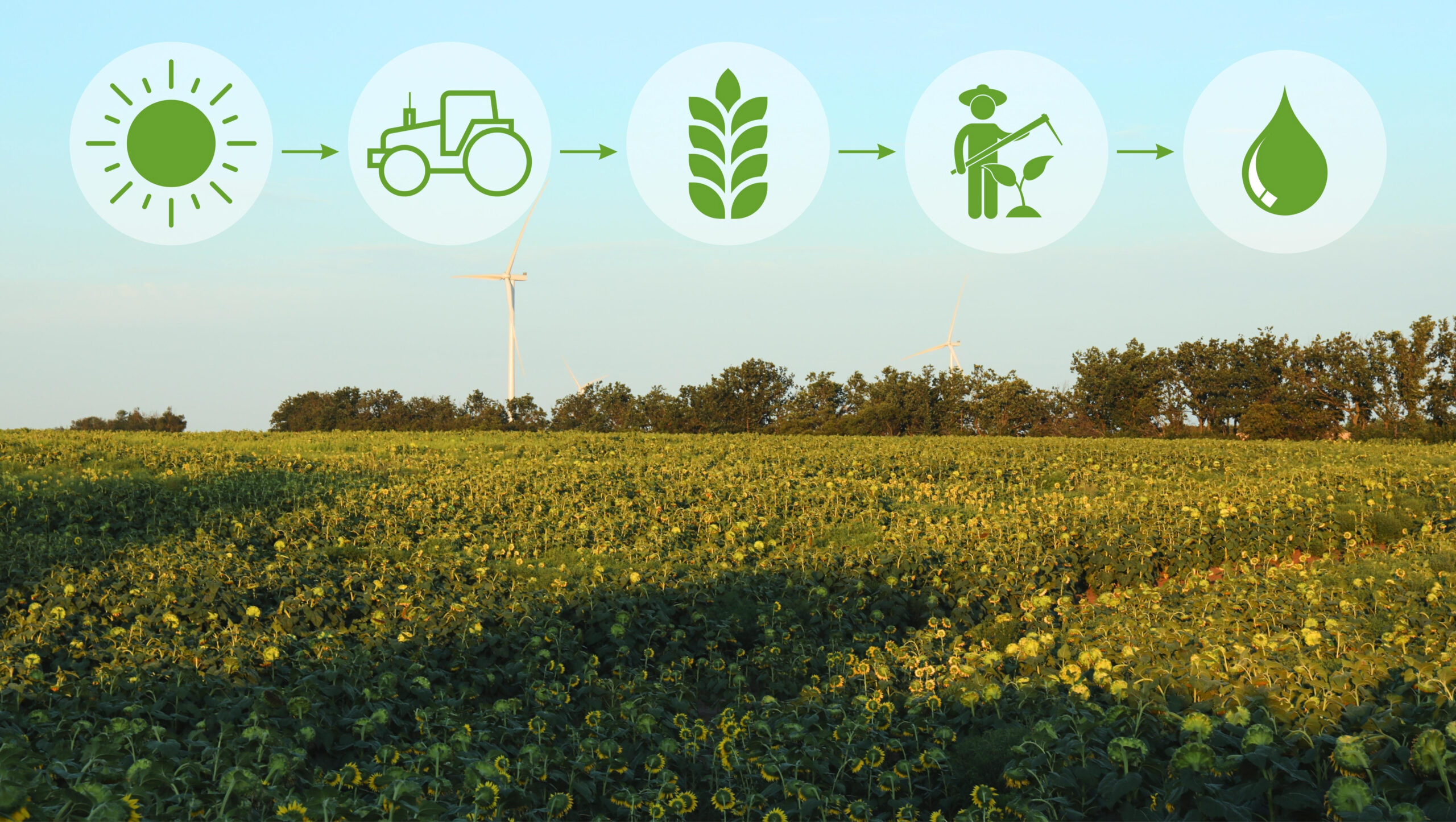Farming has been at the heart of my life for as long as I can remember. Growing up in La Romana and Santo Domingo, I learned early the importance of respecting the land, understanding the seasons, and taking care of every crop with patience and care. Those lessons, passed down through generations, form the foundation of who I am as a farmer.
At the same time, the world of agriculture is changing rapidly. Technology, modern tools, and global market demands are reshaping how farms operate. Over the years, I have realized that balancing tradition with innovation is not only possible, it is essential for sustainable farming and success in the export business. In this blog, I want to share my perspective on how small farms like mine can embrace modern tools while honoring the traditions that have guided us for generations.
The Value of Tradition
There is something timeless about working the land with care. Understanding the soil, knowing the right time to plant and harvest, and using hands-on techniques to protect crops are skills that no machine can replace. These traditional methods ensure quality and sustainability, forming the backbone of a farm’s success.
Tradition also connects us to our communities and culture. When I teach younger farmers or share knowledge with peers, I emphasize that modern tools should enhance—not replace—the wisdom we inherit from previous generations. Without this foundation, innovation can feel hollow, and crops may suffer despite technological advances.
Embracing Technology for Sustainable Farming
Technology has changed how we approach many aspects of farming, especially when it comes to sustainability. Modern tools allow us to be more precise, efficient, and environmentally responsible. For example, soil sensors and moisture monitors help ensure that crops receive exactly the right amount of water, preventing waste and protecting natural resources.
I have also incorporated tools that track crop health, detect pests early, and monitor growth patterns. These systems provide valuable data that inform decisions without replacing the careful observation that has always been part of traditional farming. Combining technology with traditional knowledge helps maintain quality while reducing the risk of loss or damage.
Precision Irrigation and Water Management
Water is one of our most precious resources, and managing it wisely is essential for both sustainability and export quality. Precision irrigation systems allow us to deliver water directly to plant roots in the right amounts. This reduces waste, protects soil health, and ensures that crops grow strong and consistent.
For small farms, these tools can make a significant difference. Not only do they save resources and costs, but they also create crops that meet the high standards of international buyers. By embracing technology in this way, we can maintain traditional care while farming responsibly for the long term.
Sustainable Fertilization and Soil Care
Traditional farming teaches us to respect the soil, and modern tools help us do it even better. Using natural fertilizers, rotating crops, and monitoring soil composition are practices that have long supported healthy land. Modern technology, such as soil testing devices, allows us to track nutrient levels more accurately and adjust fertilization accordingly.
This combination of tradition and innovation ensures that the soil remains fertile, crops are strong, and farming remains sustainable. It also strengthens our export business because buyers increasingly value products that are grown responsibly and with care for the environment.
Tracking and Traceability
Global markets demand transparency. Buyers want to know where their food comes from and how it was produced. Modern tracking systems allow small farms to provide this information accurately. With sensors, QR codes, and digital platforms, we can document every stage of production—from planting to harvesting to shipment.
This technology does not replace the hard work in the fields. Instead, it provides confidence to buyers and enhances the reputation of the farm. Combining traditional farming practices with traceable, modern systems creates a product that is both authentic and globally competitive.
Balancing Innovation with Human Touch
While modern tools offer efficiency and precision, they cannot replace the human touch. Hand-harvesting delicate crops, observing subtle changes in plant health, and responding intuitively to weather conditions remain essential skills. Technology should support these actions, not overshadow them.
For me, the most successful approach is to use innovation as a partner to tradition. Technology handles repetitive or data-intensive tasks, freeing us to focus on the aspects of farming that require experience, care, and judgment. This balance maintains the quality and authenticity that small farms are known for.
Advice for Other Farmers
For farmers looking to modernize without losing their roots, I recommend starting small. Identify areas where technology can improve efficiency or sustainability without replacing traditional practices. Tools that help monitor water use, soil health, or pest management are excellent starting points.
Invest time in learning how these systems work and integrate them gradually. Observe the results, adapt to what works, and continue to honor the techniques passed down from previous generations. Over time, this approach strengthens both the farm and the business, preparing it for international markets and long-term success.
Final Thoughts
Farming is a blend of patience, tradition, and careful observation. Technology and modern tools do not replace these qualities—they enhance them. By embracing innovation while honoring the lessons of the past, small farms can achieve sustainability, meet the expectations of global markets, and ensure that the land remains healthy for generations to come.
For me, balancing tradition and innovation is not a choice—it is a necessity. It allows my farm to grow, my exports to reach new markets, and my connection to the land to remain strong. By combining the best of both worlds, farmers can cultivate crops that are not only profitable but also responsible, sustainable, and ready to meet the challenges of the future.
